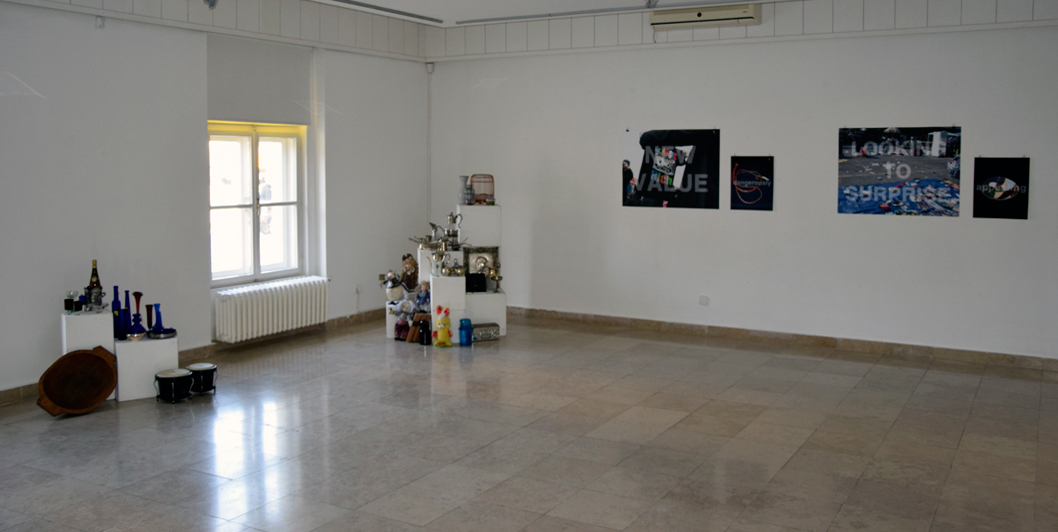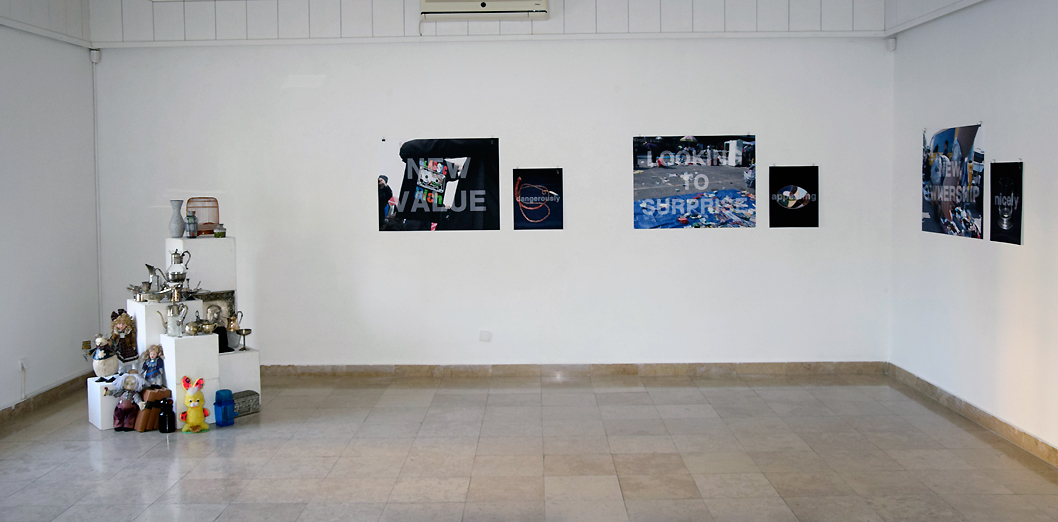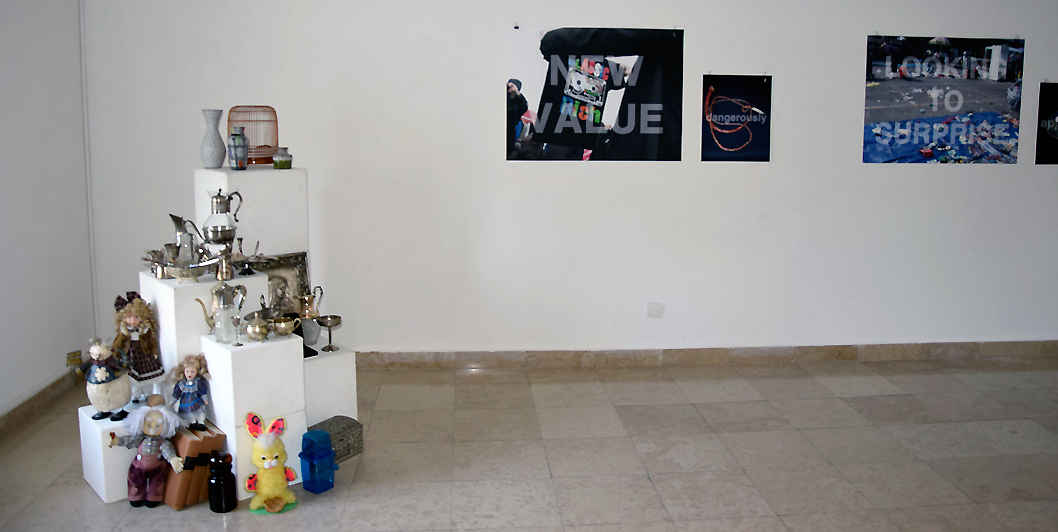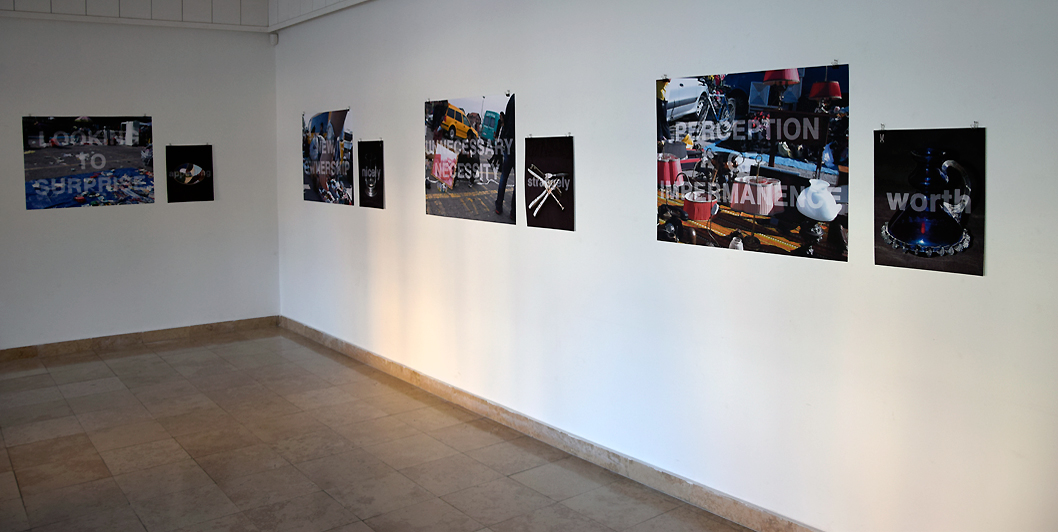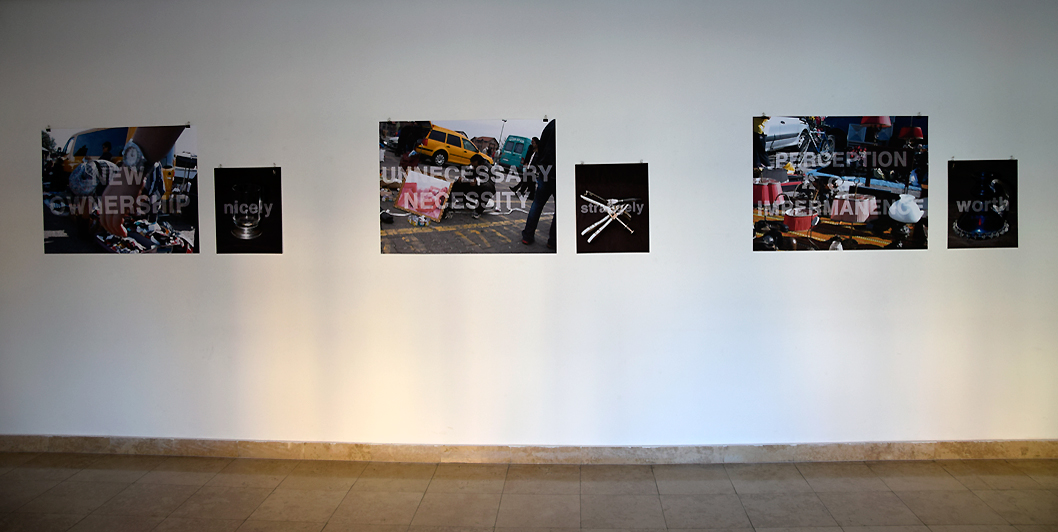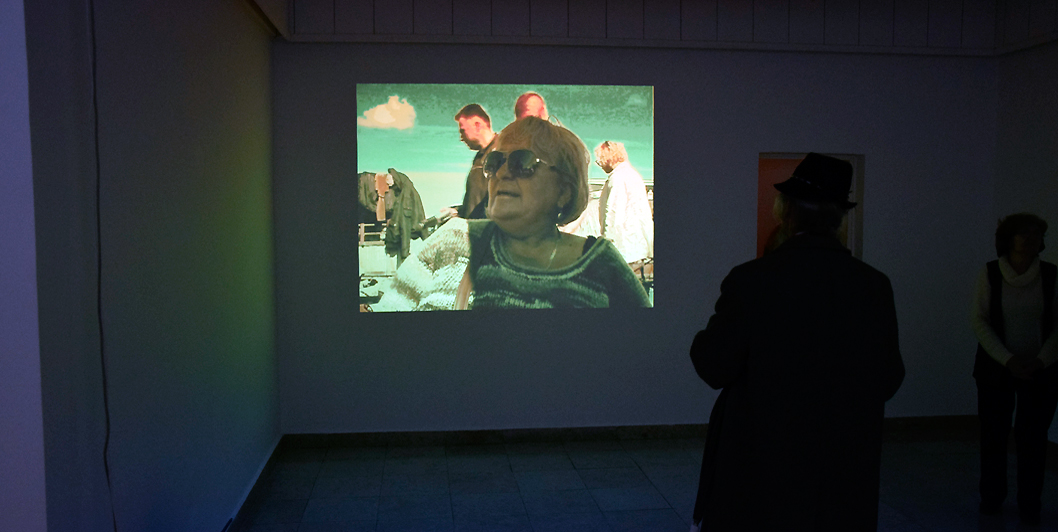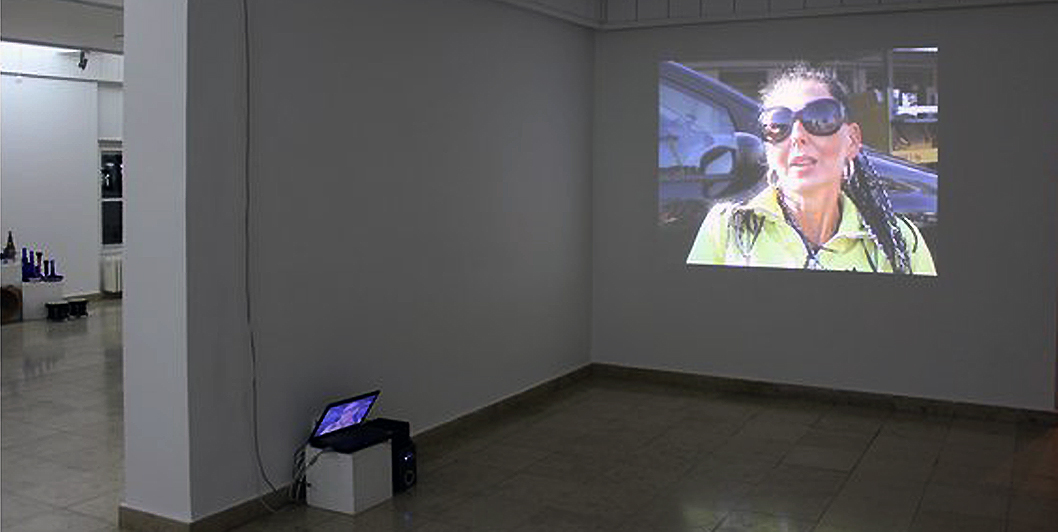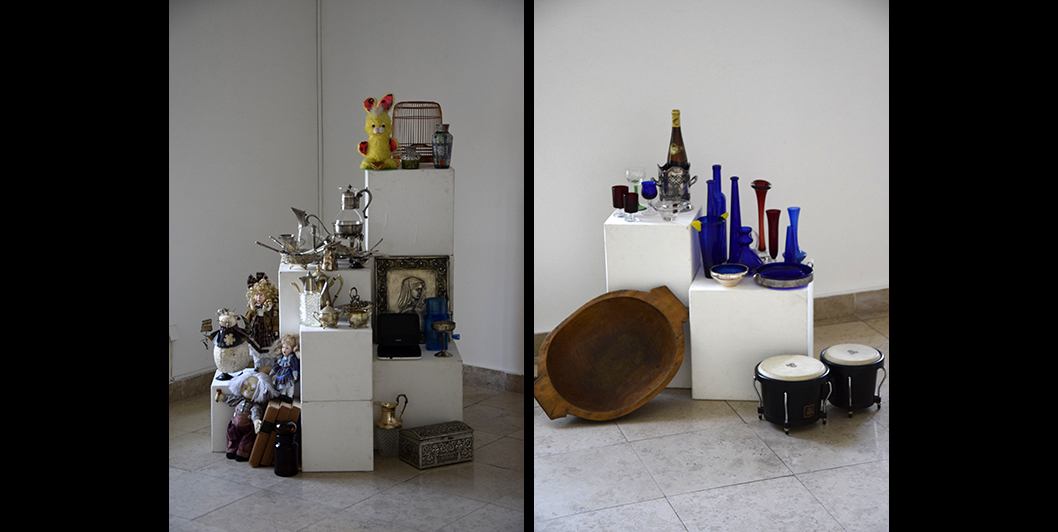With the disappearance of the socialist state, which sought to take care of both basic and alternative needs of the population, the transition to the neoliberal concept of governance occurred, aiming to privatize as much of the public sector as possible to create space for unhindered capital flow. Flea markets have always had an unimpeded and unrestrained flow of capital. The trader’s mantra with the nylon bag is: ‘I hold 100, I see 300’ (of course, in Serbian dinars, but it could be any currency), ensuring a completely horizontal and direct flow of capital to this ‘institution.’ The city’s life in transition today, as well as in earlier periods, would be much poorer without the flea market (Nylon), especially on Fridays, which spontaneously became the BEST day several years ago. Nylon, as always, adapts not to the interests of the ruling classes (as is the case with the city itself) but to the needs of its citizens. Flexibility is its vitality. With democratic changes, after the nineties, Novi Sad will be a city without cinemas, places for young people to meet, venues for artist forums, creative spaces, and without a city gallery, but it will still have Nylon as a meeting place for exchanging opinions, goods, trade, inexpensive yet good coffee, burgers, and more. And a meeting place for artists who always find something interesting and sometimes even showcase it.
At a time when similar markets in the West have undergone transformation, becoming established and expensive (the best example being the Clignancourt market in Paris), spontaneous ‘citizens’ associations’ (specific citizens, not non-governmental organizations) are flourishing in Serbia and, as we hear, neighboring countries. These associations spontaneously aim to assist those for whom money is a BIG issue, often inaccessible in the necessary quantity, and who have a need to live dignified lives with Nike, H&M, or even Stella McCartney. Flea markets are sprouting up everywhere, where one can find everything necessary, less necessary, or unnecessary, from food to expensive (but still used and affordable) cars. There is something for every pocket, adapted to the purchasing power of an increasingly impoverished population. In Serbia, from Bubanj Potok, through Zemun, Smederevska Palanka, Shabac to the Novi Sad Nylon, it’s only an hour or two drive, and everyone is present everywhere, meaning the traders. They often go to Bosnia, Croatia, Hungary, and engage in cross-border trade there. Places and clientele differ. But the principle of flexibility in supply and demand remains the same. This is a spontaneous civic initiative aiming to problematize the issue of urban development and its maintenance at the previously reached level, and to initiate the recycling of everything that can continue to be useful. Drawing out from old basements, chests, attics, suitcases, discarded items, and revitalizing them, giving purpose and meaning to all these forgotten objects, which, when taken to the flea markets, will become ‘current’ goods again, is, in fact, an entry into modern society where recycling is even a demand, not just a need, so contemporary and environmentally oriented that it’s even trendy. The flea market (Nylon), of course, excels in all of this. However, these initiatives are often suppressed and marginalized by a very loud discourse dictated by mega-markets and financial and political elites on one side and colorful or pink-painted media that propagate it on the other side. Unfortunately, the critical mass, though not enough for significant changes, is sufficiently disempowered to keep people calm and satisfied with what is offered to them on this alternative but modern (ecological, recycled, free trade, cheap, with a wide range, etc.) market. Nylon (flea market) is our world today and seemingly forever. Therefore, the art project: NYLON_Friday morning!
NYLON FRIDAY MORNING - HAPPY PEOPLE
NYLON Friday morning – happy people / solo exhibition / Contemporary Gallery Zrenjanin, Zrenjanin, Serbia, 16 March – 2 April 2015
